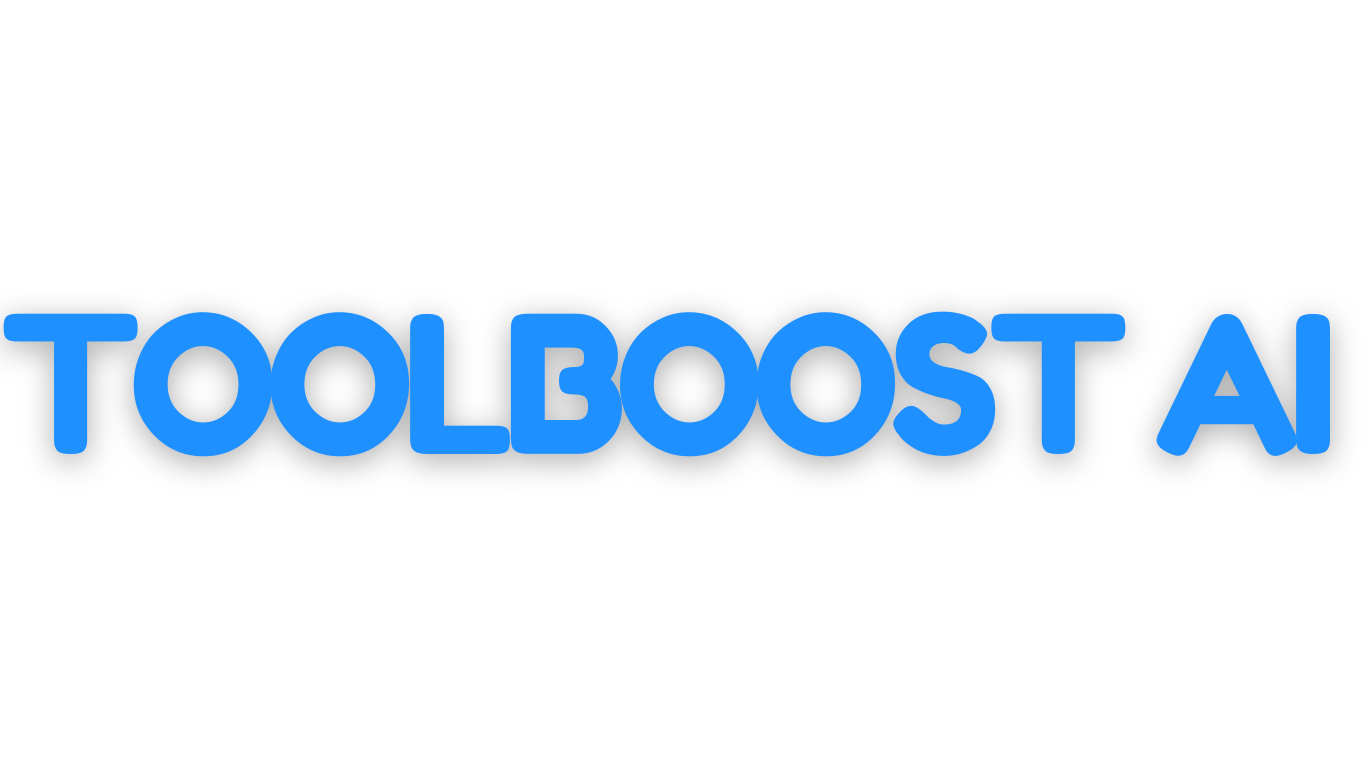In 2025, the marketing landscape is undergoing a significant transformation with the rise of AI-generated influencers and digital humans. These virtual entities are not only redefining brand engagement but also offering innovative solutions for businesses aiming to connect with their audiences in more personalized and efficient ways.
What Are AI-Generated Influencers and Digital Humans?
Digital Humans are hyper-realistic virtual beings designed to simulate human behavior and appearance. They are used in customer service, entertainment, and marketing to provide interactive experiences.
AI-Generated Influencers are virtual personas created using artificial intelligence technologies. They can produce content, interact with followers, and represent brands across various digital platforms.
Why Are They Trending in 2025?
- Cost-Effectiveness: Once developed, these virtual entities can operate continuously without the logistical challenges associated with human influencers.
- Consistency: They maintain a consistent brand image and messaging, reducing the risk of unpredictable behavior.
- Scalability: AI influencers can be deployed across multiple platforms simultaneously, reaching diverse audiences.
Market Growth and Potential
The digital human market is experiencing rapid growth. According to a report by The Business Research Company, the market size is projected to grow from $33.96 billion in 2024 to $50.56 billion in 2025, at a compound annual growth rate (CAGR) of 48.9% . This surge is attributed to advancements in AI and machine learning, as well as the increasing demand for personalized user experiences.
Notable AI Influencers in 2025
- Lil Miquela (@lilmiquela): One of the pioneers in the AI influencer space, collaborating with major brands like Prada and Calvin Klein.
- Aitana Lopez (@fit_aitana): A Spanish AI influencer known for her engaging content and significant following on Instagram.
- Milla Sofia: A popular AI influencer sharing fashion and lifestyle content on TikTok and Instagram .
Impact on Marketing Strategies
AI-generated influencers are reshaping marketing by:
- Enhancing Engagement: They interact with audiences using natural language processing, providing personalized responses.
- Targeted Marketing: Brands can tailor these virtual personas to appeal to specific demographics, improving campaign effectiveness.
- 24/7 Availability: Unlike human influencers, AI entities can engage with audiences around the clock, ensuring constant brand presence.
SEO Implications
The integration of AI influencers into marketing strategies also influences SEO:
- Content Creation: AI tools assist in generating optimized content, saving time and resources .
- Backlink Generation: Collaborations with AI influencers can lead to increased backlinks and mentions, improving search engine rankings.
Ethical Considerations
While the benefits are substantial, ethical concerns arise:
- Authenticity: Audiences may question the authenticity of interactions with AI-generated personas.
- Transparency: It’s crucial for brands to disclose the use of AI influencers to maintain trust.
- Job Displacement: The rise of AI entities may impact employment opportunities for human influencers and content creators.
Future Outlook
As technology advances, AI-generated influencers and digital humans will become more sophisticated, offering even more immersive experiences. Brands that embrace this innovation early will likely gain a competitive edge in the evolving digital marketplace.
Frequently Asked Questions (FAQs)
Q1: Are AI influencers real people?
A1: No, AI influencers are virtual personas created through artificial intelligence and digital rendering. They simulate human behavior but are not real individuals.
Q2: How do digital humans interact with users?
A2: Digital humans use AI technologies like natural language processing and machine learning to communicate, provide assistance, and simulate real-time interactions.
Q3: Are AI influencers effective for all types of brands?
A3: Not always. AI influencers are ideal for tech-savvy audiences and digital-centric industries. However, brands rooted in authenticity and human connection may prefer traditional influencers.
Q4: Can digital humans replace human influencers?
A4: They may supplement or enhance campaigns but are unlikely to fully replace humans. Human emotion, spontaneity, and lived experience still offer unique value.
Q5: How can brands ensure ethical use of AI influencers?
A5: By being transparent about their use, respecting privacy norms, and avoiding deceptive practices in interactions and branding.
Conclusion
AI-generated influencers and digital humans are no longer futuristic concepts—they are present realities shaping the way brands communicate and market in 2025. With their ability to offer consistent, scalable, and highly engaging content, they present a unique opportunity for forward-thinking businesses. As technology evolves, so too will the capabilities and roles of these virtual beings. For marketers and entrepreneurs, staying ahead of these trends and understanding the ethical implications will be key to harnessing their full potential.

